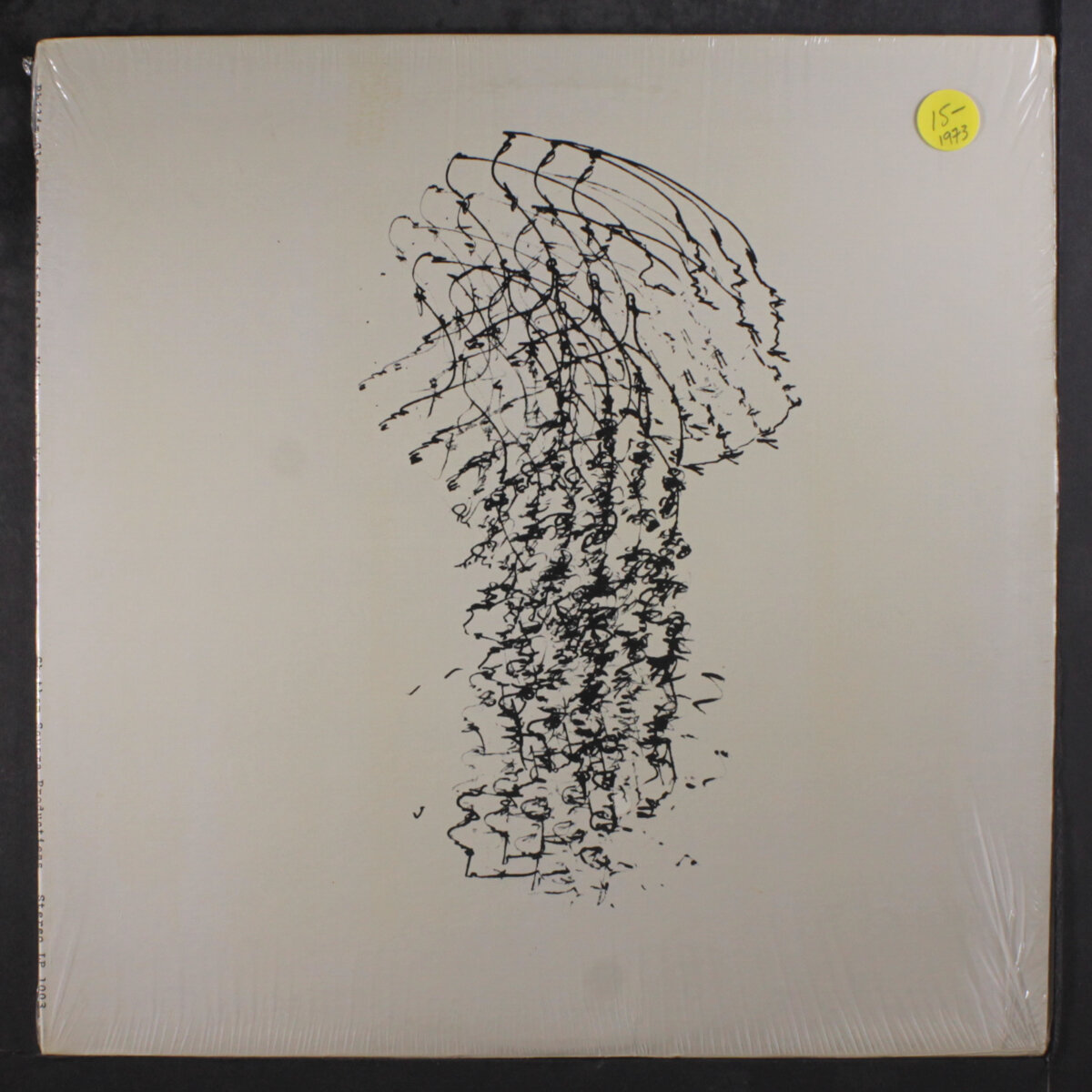This is probably the most influential record I ever bought, following up on a hint on some early Zappa records.
The music was like nothing I could have imagined. Sounds that banged and sirened and screamed across the sky.
Of special interest to the 15 year old me was Poème Electronique. You could make music out of noises in the world? You could make music with tape recorders? Well, my parents had a tape recorder so I started to experiment and compose tape music like my hero, Varèse.
I played one of those early pieces for Vladimir Ussachevsky, the great dean of American electronic music. Immediately, Professor Ussachevsky arranged for me to study at Columbia University and gave me nearly unlimited access to the well-equipped (at the time) Columbia-Princeton Electronic Music Center on 125th st. in NYC. I would later write and record my first film score there.
So, to say this record was influential in my life is an understatement.
















